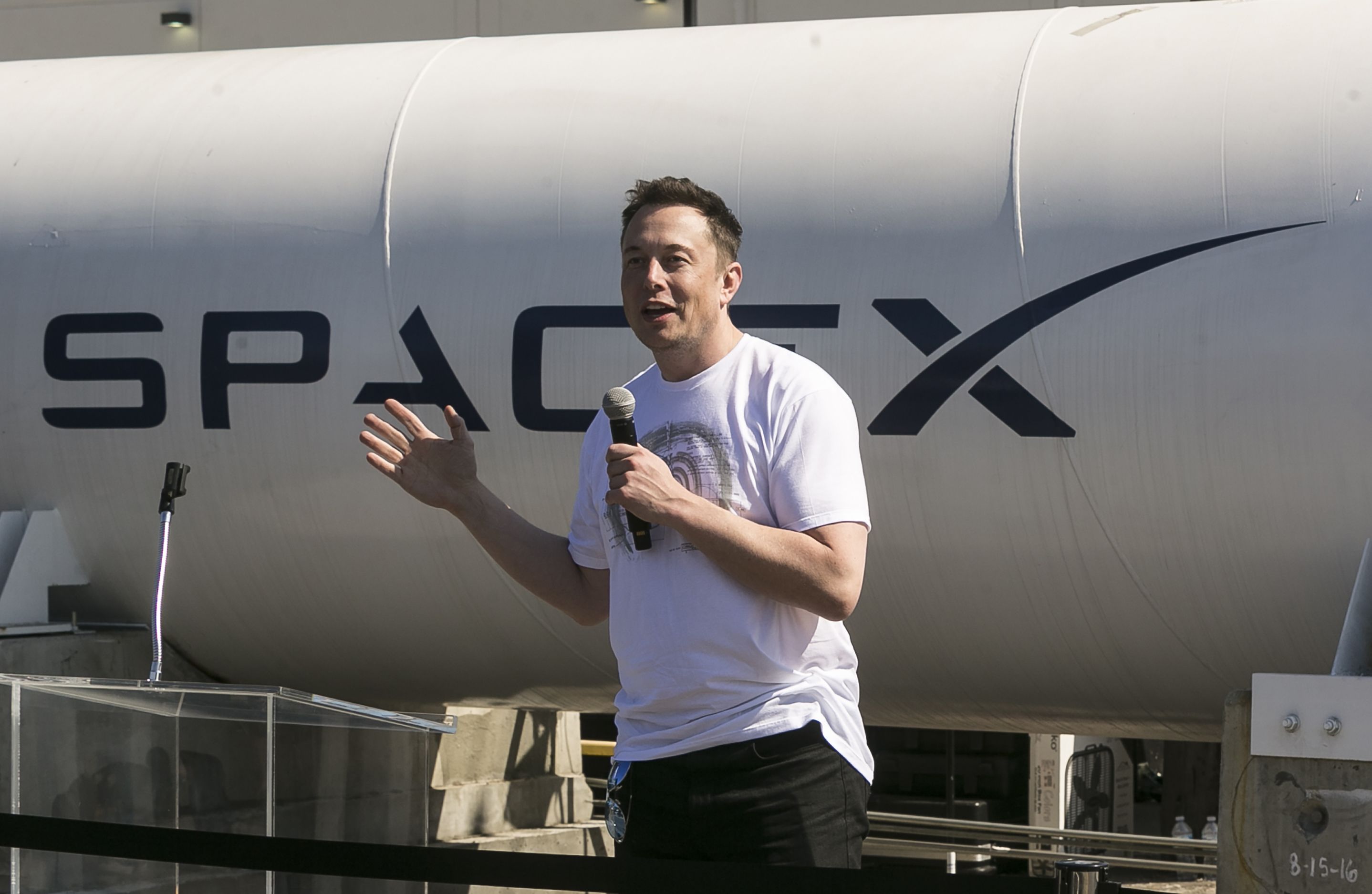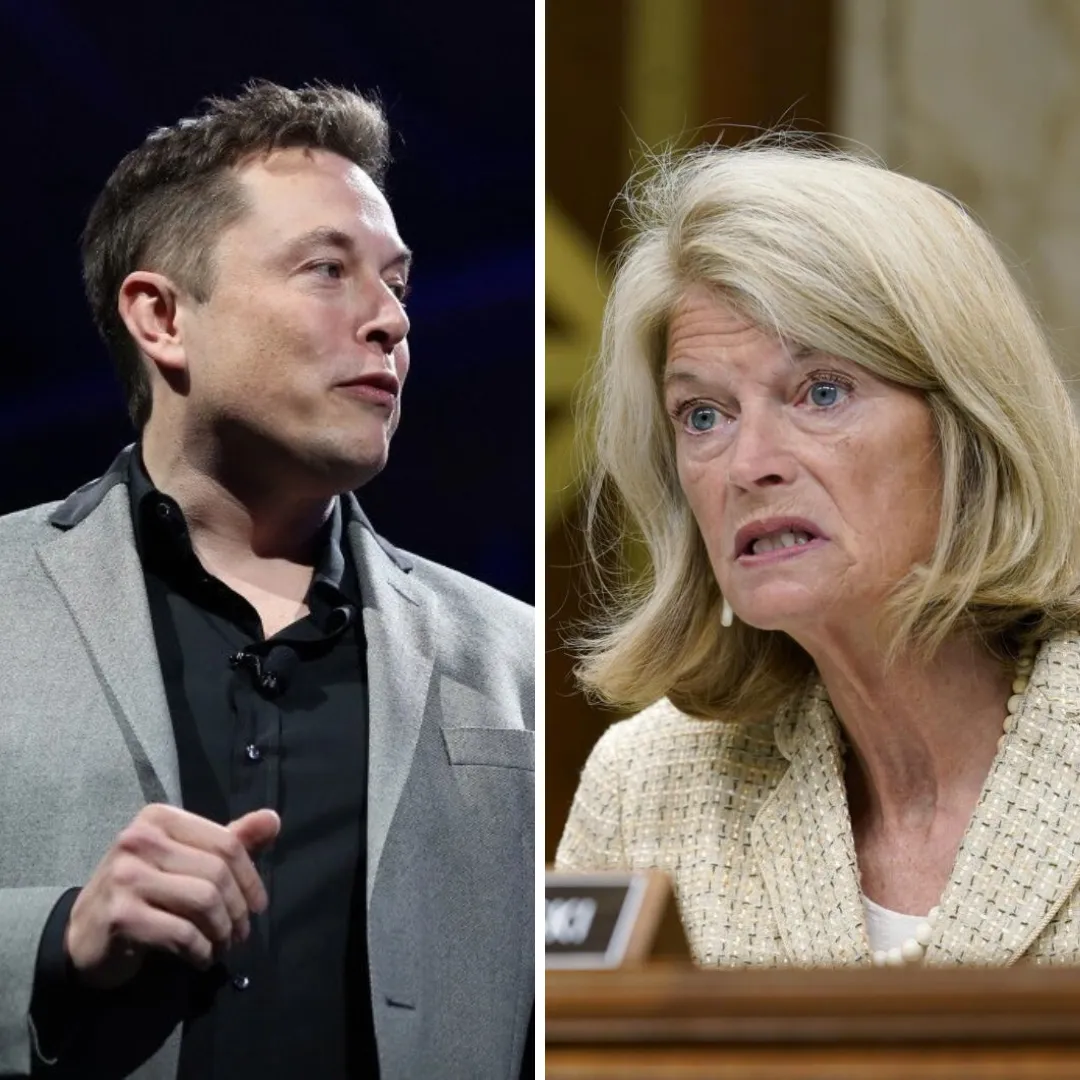
In the far southern reaches of Texas, along the windswept Gulf coastline of Cameron County, a new kind of political experiment is unfolding—one that blends space exploration, corporate ambition, and democratic procedure in ways never before seen on American soil. At the heart of this drama stands Elon Musk, the billionaire founder of SpaceX, who is now closer than ever to turning his Starbase launch facility into an official city, a legally recognized municipality governed largely by the people who build rockets for a living.
If successful, Starbase will become the first city in America born entirely out of a private space company’s infrastructure, ushering in a new era of privatized urbanization driven not by civic need, but by technological vision and capital dominance. On May 3, a pivotal vote is set to determine whether Starbase will transition from an unincorporated industrial outpost into a full-fledged city with taxing authority, zoning power, and legal autonomy.
With only 283 eligible voters, the outcome appears all but certain. The vast majority of those residents are SpaceX employees, contractors, or individuals directly tied to the company’s sprawling rocket operations. Many have already cast their ballots ahead of the deadline. On those ballots, only one candidate appears for mayor: Bobby Peden, SpaceX’s Vice President of Launch and Test. If elected—as virtually all observers expect—Peden will become the first mayor of a city conceived by and for a space company.
Starbase has long been Elon Musk’s passion project. Located in Boca Chica, a remote area near the U.S.–Mexico border, it was originally developed as a private launch site for SpaceX rockets. Since 2019, it has hosted critical tests of Starship, the next-generation spacecraft Musk believes will carry humans to Mars. But from the beginning, Musk envisioned more than just a launch site. In a tweet posted four years ago, he declared his intention to turn the area into a city named Starbase. That vision, once dismissed as another eccentric billionaire fantasy, is now within reach.

According to official documents, nearly 500 people live in the immediate vicinity of Starbase, with most residing on land owned by SpaceX or its employees. The company has gradually built infrastructure to support life in the area, including water systems, power lines, roads, healthcare access, and limited education services. In December of last year, Kathryn Lueders, then SpaceX’s Chief of Operations, sent a formal request to local authorities asking for the site to be granted city status.
In her letter, she argued that SpaceX had already provided all necessary public services and that becoming a city would allow Starbase to eliminate bureaucratic delays, particularly those related to construction and environmental permits.nIf the measure passes, Starbase will gain broad legal powers. The city will be able to issue building permits, create zoning laws, collect taxes, and pass ordinances.
Perhaps most importantly for SpaceX, it will reduce the company’s exposure to regulatory bottlenecks that often delay launches or infrastructure expansion. The shift could also give Musk a greater degree of legal control over how land around the launch site is used and who is allowed to access the surrounding area, including Boca Chica Beach—a public space that has increasingly become a flashpoint between the company and local residents.
Environmental activists and Indigenous leaders have raised alarm bells about the proposed transformation. Bekah Hinojosa, a prominent local environmentalist, has warned that the formation of Starbase as a city would lead to greater pollution, increased seismic risk from repeated rocket launches, and severe damage to local ecosystems.

She alleges that SpaceX has already restricted beach access to Boca Chica for years and fears that an official city government could formalize and expand those restrictions. She also points to ongoing damage to wildlife habitats, including the nesting grounds of migratory birds that are often disrupted by rocket testing.
Joining the protest are members of the Carrizo/Comecrudo Nation of Texas, a tribal group descended from Indigenous communities that once inhabited the region. They argue that the land on which Starbase operates has historical and spiritual significance, and that turning it into a private city governed by a space company amounts to erasure of their heritage.
Earlier this week, their efforts were bolstered when a committee in the Texas House of Representatives voted down a controversial Republican-sponsored bill that would have allowed coastal spaceport cities to restrict beach access, a move widely seen as tailored to benefit Starbase.
The backlash is not without precedent. In 2024, the Environmental Protection Agency and state officials in Texas fined SpaceX for repeated incidents of chemical discharge and pollution near the launch site. Investigators discovered that the company was responsible for multiple spills and unauthorized waste dumping into local rivers and ponds. In one particularly publicized incident, a Starship test flight reportedly disrupted dozens of bird nests in the area.
Musk, in a characteristically flippant social media post, joked that to atone for this ecological “atrocity,” he would forgo eating omelets for a week. The comment did little to placate critics, who saw it as emblematic of Musk’s cavalier approach to environmental concerns. Despite these controversies, Musk remains undeterred. To him, Starbase represents the seed of a Martian city—the prototype for off-world colonization governed by technology and optimized for spacefaring logistics.

Musk has repeatedly argued that Earth-based governance models are too slow, too bureaucratic, and too prone to ideological interference. He sees Starbase as a testing ground for streamlined civic infrastructure where decision-making is rapid, resources are privately managed, and technology is placed at the center of policy. His long-term goal, as stated publicly, is to apply lessons from Starbase to future settlements on the Moon or Mars, where corporate-led governance may be the norm in the absence of sovereign states.
Still, serious legal questions remain about how such a city would function under U.S. law. While any group of residents can petition to form a city under Texas law, concerns abound about the fairness and legitimacy of a municipality whose electorate is composed almost entirely of company employees. Critics argue that this creates a dangerous precedent—allowing corporations to form quasi-governmental entities with captive voter bases, effectively eliminating civic accountability.
They warn that Starbase could become a company town in the truest sense, where dissent is discouraged, and policy is driven not by democratic will, but by corporate strategy. From a business perspective, however, the incentives are clear. If Starbase becomes a city, SpaceX will no longer have to navigate county-level permitting for construction or transportation routes.
The company could fast-track development of launchpads, fuel depots, housing complexes, and supply chains without waiting for third-party approvals. It could also capture a share of local tax revenues and reinvest them into its own operations. In the long run, this could save SpaceX tens of millions of dollars annually and allow it to build at a speed unmatched by traditional aerospace contractors.

Whether this acceleration is a benefit or a danger depends on one’s perspective. For Musk and his supporters, Starbase is the future—an embodiment of innovation unshackled from outdated systems. For his critics, it is a dystopian experiment that concentrates too much power in the hands of one man. What’s clear is that Starbase is no longer just a launch facility.
It is a political battleground, an environmental flashpoint, and a symbol of a changing America where the boundaries between corporation and state are beginning to blur. As the final votes are tallied and a new mayor likely takes office, the world will be watching. The results may not only determine the future of a small coastal community in Texas but could also signal a seismic shift in how cities, laws, and even nations are formed in the age of space capitalism.

-1742662480-q80.webp)

-1743869397-q80.webp)